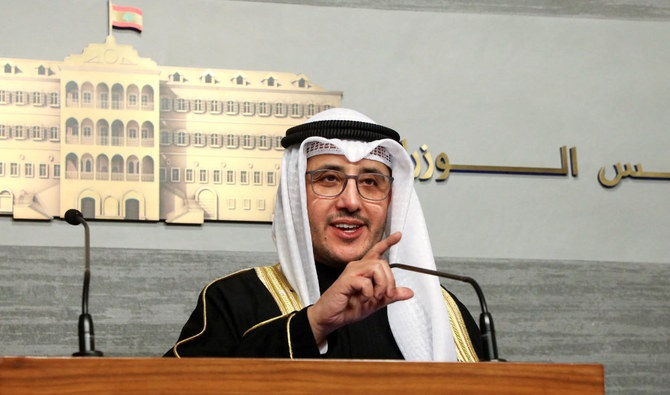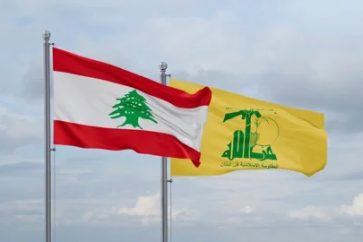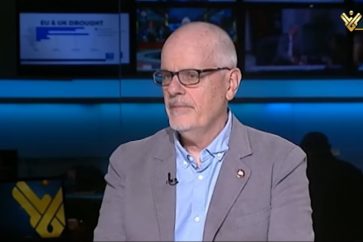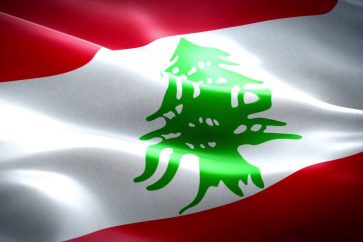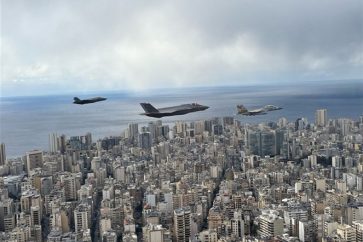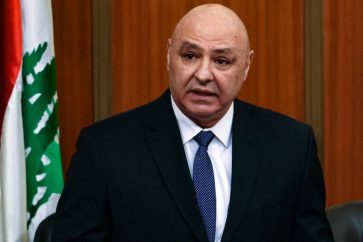“Gulf Arab states are looking to mend ties with Lebanon,” Kuwaiti Foreign Minister Sheikh Ahmad Nasser Al-Mohammad Al-Sabah said in Beirut where he was on an official visit during the weekend.
The scene here was somehow ‘bright’, as the top Kuwaiti diplomat was presented as a ‘mediator’ whose visit was aimed at solving a standoff between Beirut and Riyadh, which suspended ties last October over comments by then-information minister Georges Kordahi in which he slammed the Saudi Kingdom over its aggression on Yemen.
However, it was not long until it became distinct that Al-Sabah is no more than a ‘spokesman’ who delivered a message by Riyadh. The message was handed over to Lebanese Prime Minister Najib Mikati and included 12-point proposals, or by another language ‘conditions’ set on the Lebanese Government.
Lebanese daily Al-Akhbar disclosed on Monday the 12 conditions with at least four of them are directly or indirectly related to Hezbollah.
The ‘initiative’ provides for Lebanon’s commitment to the 1989 Taif Agreement that ended Lebanon’s civil war and what it called “decisions by international legitimacy and Arab league,” according to the Lebanese daily.
It stresses on the ‘civilization’ of the Lebanese State, and that Beirut’s so-called ‘dissociation policy’ must be ‘in words and deeds’.
The paper also stipulates that Lebanon “must put a deadline” for the implementation of UN resolutions 1559, 1608 and 1701, (most of them are related to disarming Hezbollah).
The sixth condition provides for “stopping Hezbollah’s meddling in Arab affairs, especially the Gulf affairs, as it also stipulates for Lebanon’s ‘pledge’ to pursue “any Lebanese side who is engaged in hostile actions against Gulf Cooperation Council (GCC) states.”
The so-called ‘initiative’ calls Lebanon to stop all activities related to “anti-GCC groups,” according to Al-Akhbar.
In the eighth condition, Riyadh points to importance of holding parliamentary and presidential elections in Lebanon on time.
The ninth and tenth conditions provides for tightening inspection and border controls to prevent drug smuggling to the Gulf, the Lebanese daily added.
The paper also calls on Lebanon to set up a security cooperation system in which Beirut “exchanges security data” with GCC states.
The twelfth point urges Lebanon to work with IMF in order to “solve the issue” of Lebanese citizens’ deposits in Lebanese banks.
Source: Al-Manar English Website

